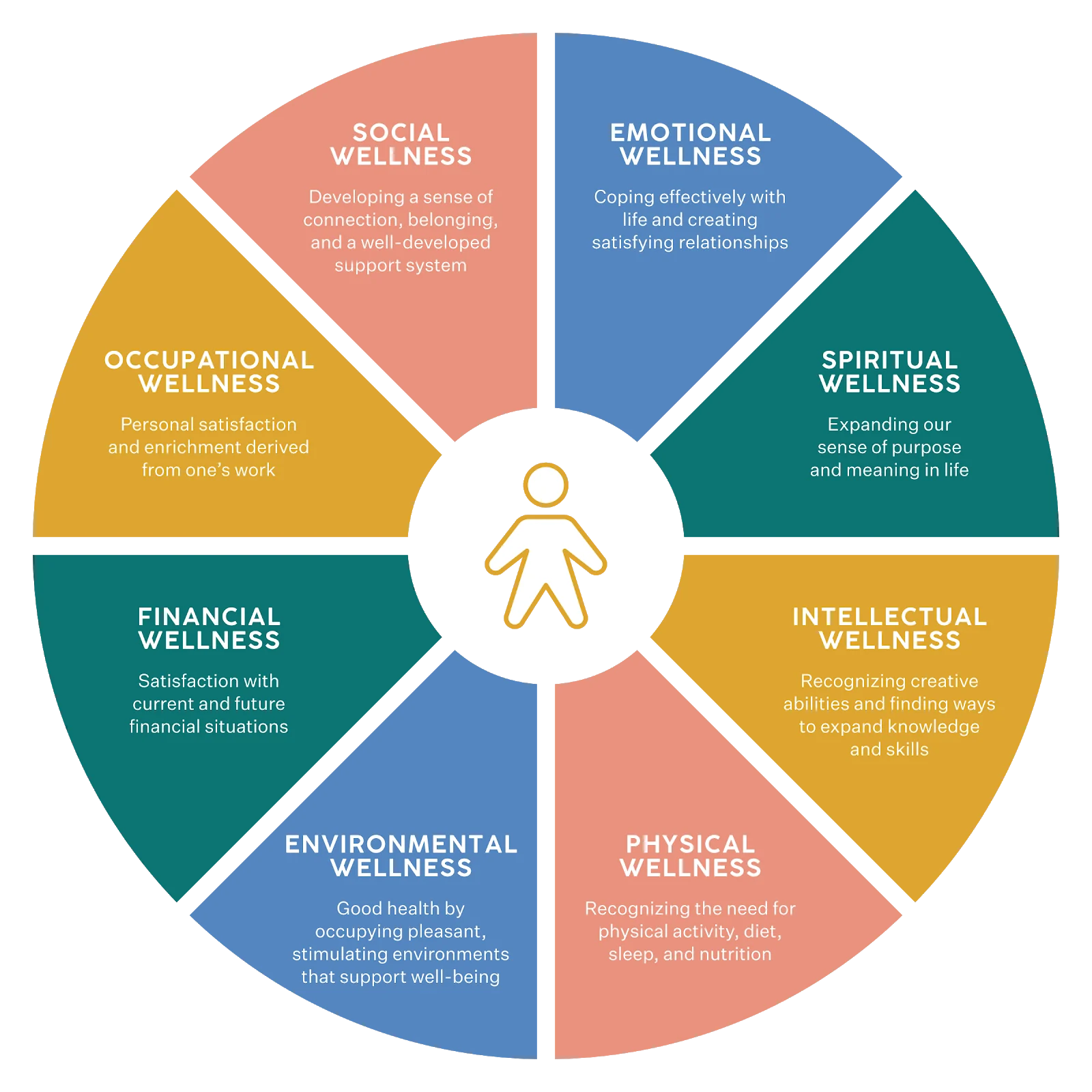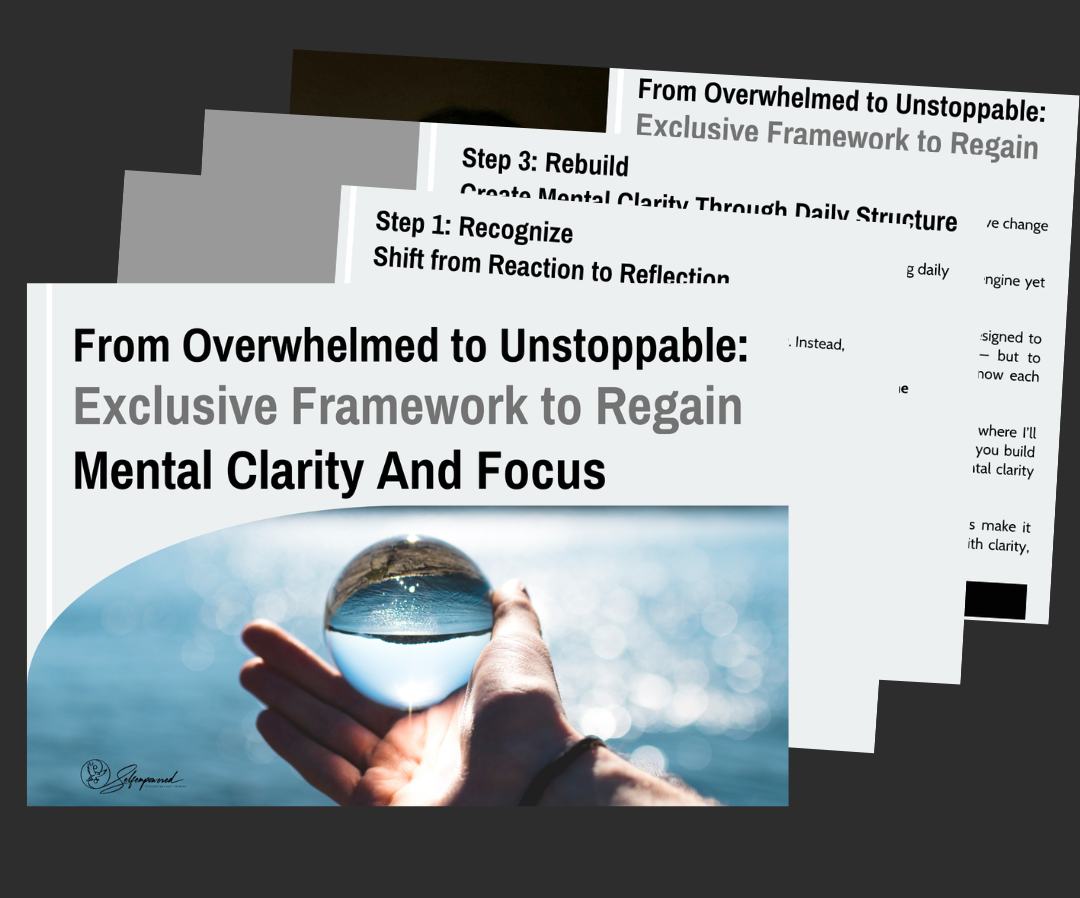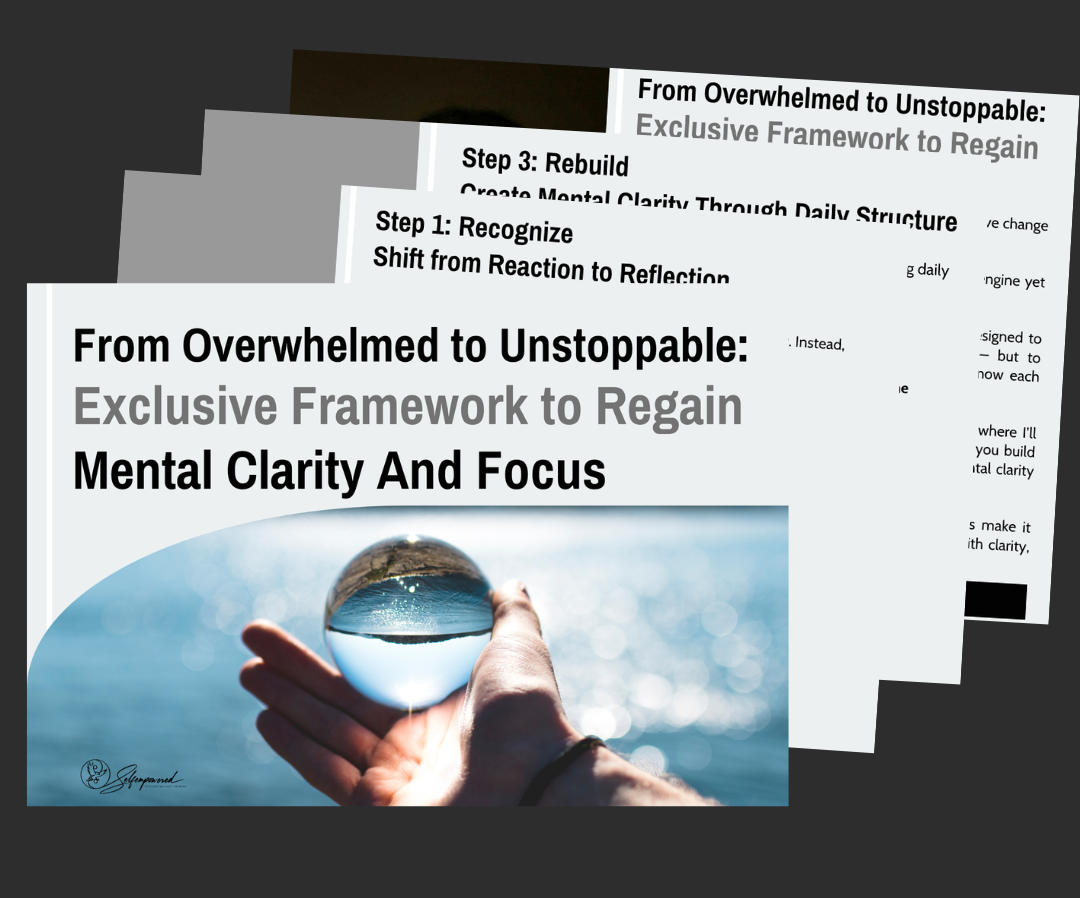Intellectual Wellness, as part of the Wellness Wheel of Life
Nov 12, 2025Welcome to the Thinkwell Podcast! Our mission is simple: to promote and restore intellectual wellness in an age of information overload. Today, secondhand opinions often pass as expert advice, and there’s so much information that even making basic decisions can feel overwhelming. That’s a real concern in the health and wellness space.
To help illustrate this, consider the wellness wheel, which gives a snapshot of what whole health looks like. The wheel reminds us that wellness isn’t just physical; it’s multi-dimensional, and intellectual wellness plays a key role.

Before we dive in, let’s clarify what we mean by “intellectual.” It’s not about reading lots of books or being a professional intellectual. Intellectual wellness is about your ability to think, draw conclusions, and make decisions; decisions that guide your behavior. Over time, behavior turns into habits, and habits shape your health.
Some habits contribute positively to overall wellness; some can have negative consequences. Intellectual fitness, cultivating awareness and control over your thinking, is crucial. Think of it like breathing. We all breathe and think automatically, but dysfunction can occur if either is mismanaged. Overthinking, for example, is like hyperventilating; it’s a poor use of our intellect.
The wellness wheel can help guide us. The dimensions include:
- Emotional Wellness: Coping effectively with life and creating satisfying relationships. Pausing to reflect, tuning into your emotions, and noticing your habits are key.
- Social Wellness: Developing connection, belonging, and a support system. Notice who energizes you and who drains you. Your closest five people often define your perspective.
- Occupational Wellness: Finding purpose and satisfaction in your work. How you feel at work directly affects other aspects of health.
- Financial Wellness: Feeling satisfied with your current and future financial situation. Think beyond instant gratification. Are you investing in things that truly nourish your life and health?
- Environmental Wellness: Surrounding yourself with pleasant, stimulating spaces that support well-being. Your physical and social environment matters.
- Physical Wellness: Strength, health, and movement. Beyond vanity, physical wellness is about functionality and longevity; your lymphatic system, mobility, and strength.
- Spiritual Wellness: Expanding your sense of purpose and meaning. Creativity, philosophical reflection, or a spiritual practice can help you feel alive.
- Intellectual Wellness: Recognizing your creative abilities and continuously expanding knowledge and skills. It’s about curiosity, reflection, and critical thinking. You don’t need a fancy degree to practice it. Even small exercises like journaling, asking empowering questions, or reflecting on daily choices build intellectual fitness.
We live in an age of “magic pills” and biohacks, quick fixes that promise results without effort. But just like physical fitness, intellectual wellness requires practice. You have to engage your thinking, analyze your choices, and develop habits that guide your life. Every meal, every relationship, and every habit is an opportunity to ask: Does this nourish me or harm me?
Philosophers have been discussing this for centuries. Enlightenment wasn’t about a lack of information; it was about the courage to use your own knowledge and make decisions independently. That’s intellectual wellness: having autonomy over your thinking, trusting your reasoning, and cultivating the courage to decide for yourself.
In practice, it can be as simple as reflecting on your day, asking yourself empowering questions, or assessing whether your actions align with your health and purpose. It’s not about constant overthinking, but about building habits that ensure your thinking supports your life rather than controlling it.
Intellectual wellness is especially relevant today. With AI and easy access to information, it’s tempting to outsource thinking entirely. But without intentional practice, we risk losing autonomy and making poor decisions that affect all dimensions of wellness.
Start small. Pick one area, maybe journaling for five minutes, reflecting on a choice, or asking yourself one empowering question. That’s the first step in developing intellectual fitness and strengthening your overall wellness.
Intellectual wellness is not about being “smart.” It’s about being autonomous, reflective, and intentional in your thinking, so you can navigate life confidently and make choices that truly support your well-being.
Enter the Mind Dojo And Begin Your Mental Self-Defence Journey Today
A calm mind is not a personality trait. It’s a practiced skill.


